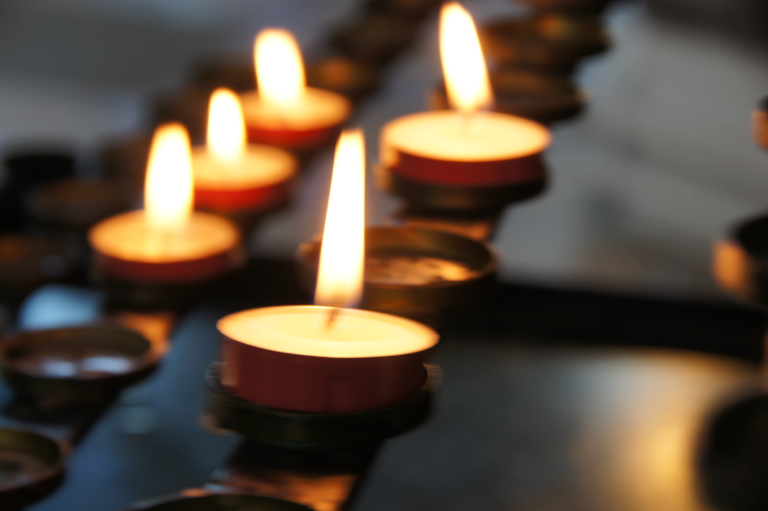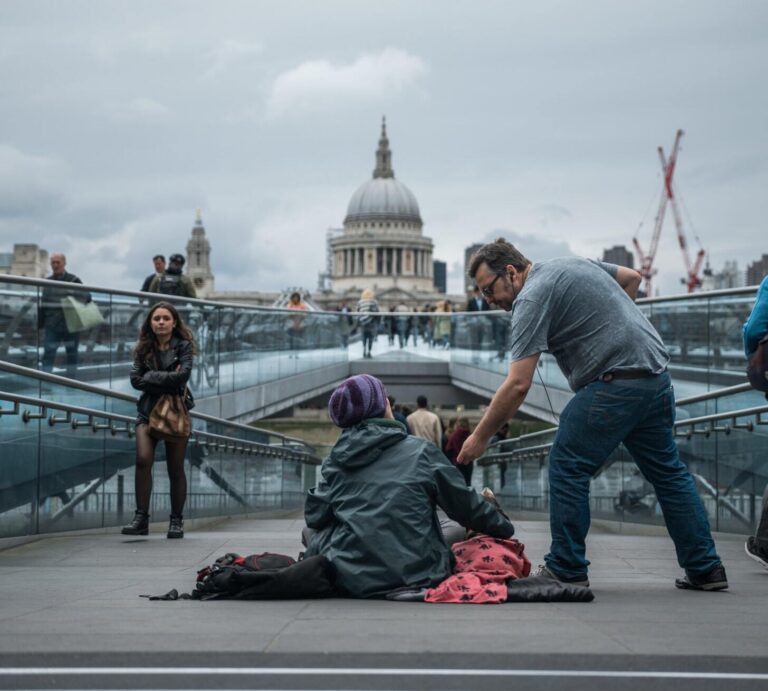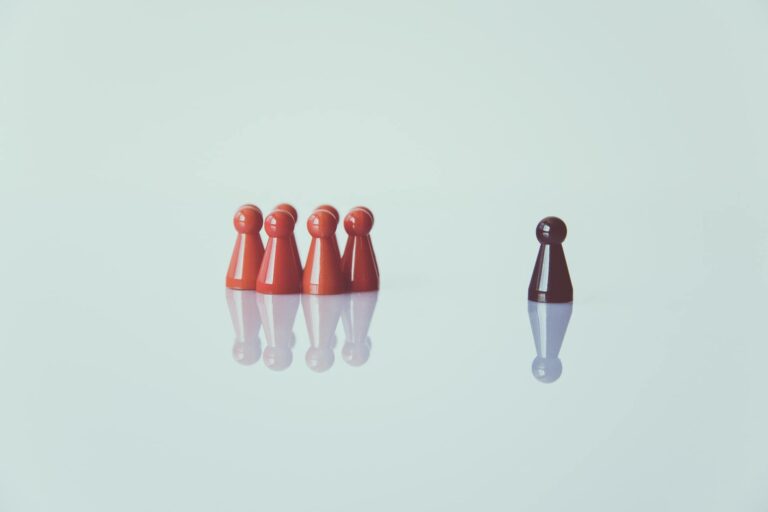Anxious about reopening
Dealing with Re-entry Anxiety? You’re Not Alone!
With over the third of the country fully vaccinated against COVID-19 and states beginning to relax restrictions, many of us are eager to begin our “new normal”, whatever that may be, and rejoin society. After staying in lock down for so long, who wouldn’t be itching to getting back out into the world? If you’re anything like me, you have a long list of concerts, sporting events, beach days, museum trips, festivals and other outings just waiting to be checked off (and this is from someone whose typical idea of a “fun night” usually involves cats, wine and Netflix).
We’ve been wishing for this moment for so long that the thought of it really happening is actually kind of nerve wracking. This “re-entry anxiety” is indeed real, and is being felt by as many as 50% of Americans according to a report from the American Psychological Association (APA).
Some of this anxiety stems from the thought of re-entering into a world that isn’t quite “pandemic-free” yet. That is, there is still a great deal of uncertainty around what is and what isn’t safe. While the CDC does keep putting out guidances to help us make healthy decisions, it still can be overwhelming for some to contemplate.
Another concern is that we have stayed apart for so long that we actually may need to re-learn how to socialize. This is especially worrisome for those of us with social anxiety who already had trouble dealing with personal interactions. We’ve been out of practice for over a year now, and the thought of having to re-engage in the complex and somewhat confusing world of people can be very stress-inducing. Finally, by now we have all adjusted our daily routines to suit quarantine life – I, for one, am very happy with my 8:30 am wake-up time and do not look forward to dragging myself from bed at 6 to be at the office by 9 – and having to change such ingrained habits can be very difficult.
There are some tips to help us with re-entry anxiety. First and foremost, you should understand that you are not alone. In fact, this is a pretty common response to have following pandemics. For instance, cases of agoraphobia and obsessive compulsive disorder significantly increased after both the Ebola and SARS outbreaks and the following lockdowns. It’s important to acknowledge that there will be, as Lynn Bufka, senior director of practice transformation and quality at APA puts it, “some period of time when how we respond to the world around us is going to be different, where we’re going to potentially feel like this is…awkward”. In other words, take it easy on yourself, it’s going to take a bit of an adjustment period.
Experts advise those who are feeling nervous about re-entry to take it slow. Start small. You don’t have to go directly from your living room to the busiest shopping center you know. This is “exposure therapy” – a well-known approach to dealing with specific fears or phobias. Also, try to stay grounded in facts. Look to state or local public health departments for the most relevant information and stay informed. Practice anxiety-management strategies, such as mindfulness or meditation, to help quell any sense of panic or distress. Most importantly, push yourself to re-engage. Completely avoiding the situation is probably the worst thing you could do, as it essentially, as Vaile Wright, senior director of health care innovation at APA, puts it “reinforces this notion that everything is a threat.”
For those of us stressing about the abrupt shift in routine and the need to get back on our “A game” social-wise, maybe it’s best to remember that we are all going to be a bit rusty. Instead of looking at it as social “anxiety”, perhaps it is better to frame it in terms of social “awkwardness”, something unpleasant but not necessarily pathological. Again, we are all going through this. Instead of narrowing in on all of the negative aspects of the daily grind (e.g. finding something harmless but mildly interesting to chat about in the break room), start focusing on all of the things that you are looking forward to doing (e.g. happy hour…at a real live bar!).
Finally, try to remember the fact that we, as a society, have gone through some very tough times but have always managed to come out on the other side. It will be hard at first, especially for those who have lost a love one to the pandemic, but it will get easier. If you are having an especially hard time dealing with the thought of re-entry, reach out to someone for help. Look into telehealth options for treating anxiety. Or reach out to friends and family – you could even partner with a friend who is also experiencing re-entry anxiety and face the world together. We will all be waiting for you.









